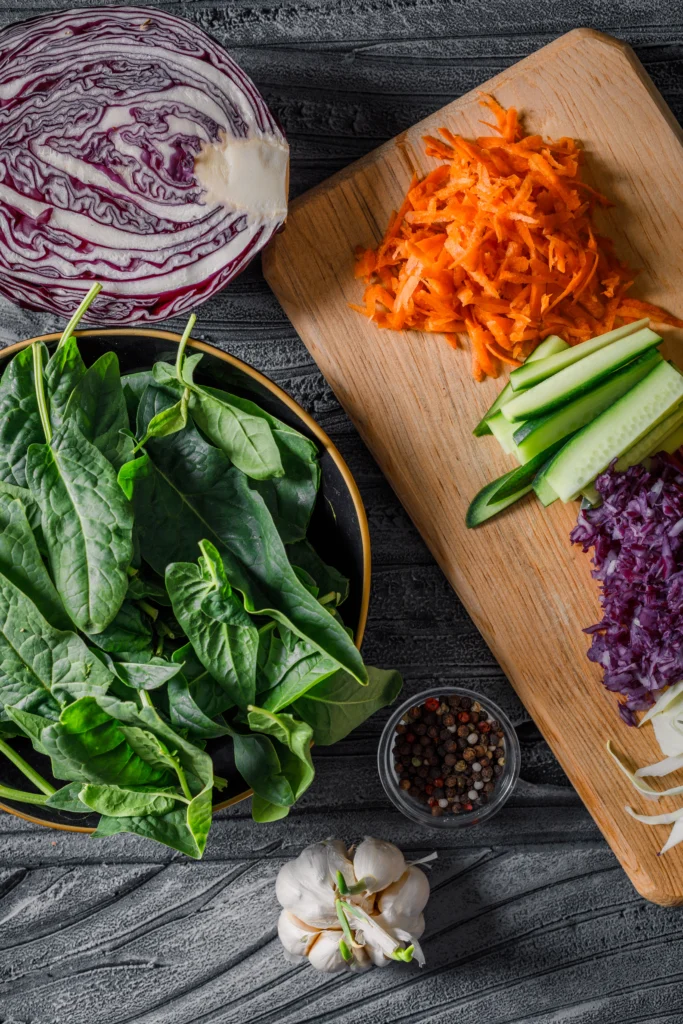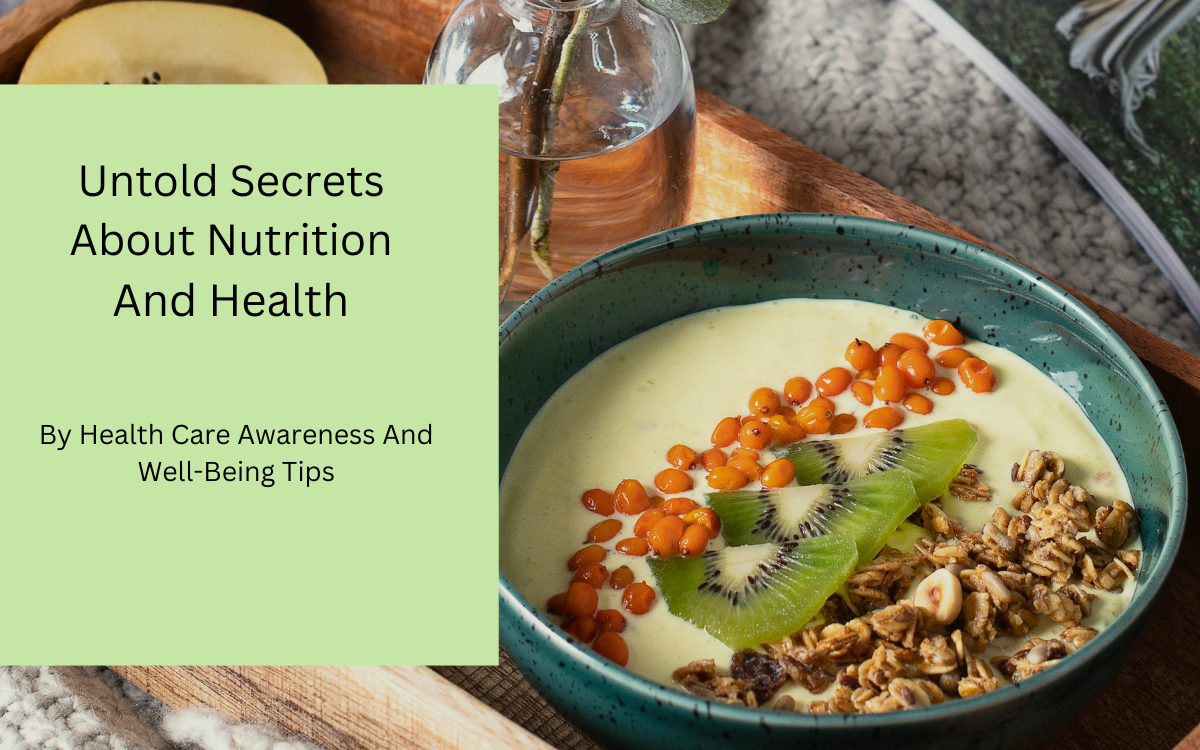Nutrition during pregnancy is not just about feeding oneself; it’s about nurturing the future. Every bite taken, every nutrient consumed, has a direct impact on the baby’s development and the mother’s well-being. The right balance of vitamins, minerals, and other nutrients can ensure the baby grows strong and healthy, while also helping to prevent complications during pregnancy and childbirth.

A mother’s body undergoes incredible changes to support the new life within her. Her blood volume increases, her metabolism shifts, and her nutritional needs become heightened. Providing the body with essential nutrients helps in building the baby’s bones, brain, and organs, and supports the mother’s increased physical demands.
Table of Contents
1. Introduction to Prenatal Nutrition
The journey of becoming pregnant is lovely and full of expectation. It’s a time when a woman’s body nurtures a new life, and with that comes the responsibility of ensuring both her own health and the health of her growing baby. Understanding the importance of prenatal nutrition is the first step in this journey. The right nutrients can support the development of the baby’s brain, bones, and organs, while also maintaining the mother’s health and energy levels. This guide aims to illuminate the essential aspects of nutrition during pregnancy, offering a comprehensive resource for expectant mothers who wish to give their baby the best start in life.
2. Essential Nutrients for a Healthy Pregnancy
Every bite a pregnant woman takes is an investment in her baby’s future. There are specific nutrients that are incredibly important during this time:
- Folic Acid: Critical in preventing neural tube defects, folic acid is a must. Aim for 600–800 mcg per day, women.
- Iron: Essential for making extra blood to supply oxygen to the baby. Iron deficiency can lead to anemia, affecting both mother and baby.
- Calcium: Important for building strong bones and teeth for the baby, and protecting the mother’s bone density.
- Protein: Supports the baby’s growth, especially during the second and third trimesters.
- Omega-3 Fatty Acids: Crucial for brain development, these healthy fats should be a part of the diet.
- Vitamins and Minerals: Vitamin D, vitamin B12, magnesium, and zinc also play vital roles in ensuring a healthy pregnancy.

3. Foods to Embrace During Pregnancy
Choosing nutrient-dense foods ensures that both the mother and baby receive all necessary nutrients:

- Leafy Greens and Vegetables: Packed with vitamins, minerals, and fiber. Think spinach, kale, and broccoli.
- Lean Proteins: Chicken, fish, beans, and legumes are excellent sources.
- Whole Grains : Rich in fiber and essential nutrients, whole grains like quinoa, oats, and brown rice support digestion and energy levels.
- Dairy Products: Milk, cheese, and yogurt provide calcium and vitamin D.
- Fruits: Berries, oranges, bananas, and avocados are not only delicious but also full of vitamins and antioxidants.
- Nuts and Seeds: Almonds, chia seeds, and flaxseeds are good sources of healthy fats, protein, and fiber.
4. Foods and Substances to Avoid
Certain foods and substances can pose risks to the developing baby and should be avoided:
- Raw or Undercooked Seafood and Meat: These can harbor harmful bacteria and parasites.
- Certain Fish: High-mercury fish like swordfish, shark, and king mackerel should be avoided.
- Unpasteurized Dairy Products: These can contain harmful bacteria.
- Caffeine: High levels of caffeine can increase the risk of miscarriage and low birth weight. Limit intake to 200 mg per day.
- Alcohol: No amount of alcohol is considered safe during pregnancy as it can lead to fetal alcohol syndrome.
- Certain Processed Foods: These often contain high levels of salt, sugar, and unhealthy fats, which are best minimized.

5. Addressing Common Pregnancy-Related Nutritional Concerns
Pregnancy often brings with it unique challenges and concerns related to nutrition:
- Morning Sickness: Nausea and vomiting can make it difficult to maintain a balanced diet. Small, frequent meals, ginger, and vitamin B6 can help alleviate symptoms.
- Heartburn and Indigestion: Avoiding spicy and fatty foods, eating smaller meals, and staying upright after eating can help.
- Constipation: High-fiber foods, plenty of water, and regular physical activity can ease this common issue.
- Weight Gain: It’s normal and necessary to gain weight during pregnancy, but it’s important to do so gradually and healthily. Following a balanced diet and staying active can help manage weight gain.
- Gestational Diabetes: Monitoring carbohydrate intake, focusing on complex carbs with a low glycemic index, and maintaining a healthy weight are crucial steps for managing gestational diabetes.
Images are taken from https://www.freepik.com/.
Conclusion
In summary, nutrition during pregnancy is about more than just eating for two. It’s about making conscious choices that support the health and development of both the mother and the baby. With the right knowledge and a commitment to healthy eating, expectant mothers can navigate this journey with confidence and joy.
FAQ’s
Can I continue taking my prenatal vitamins after childbirth?
Yes, it’s recommended to continue taking prenatal vitamins while breastfeeding to ensure you and your baby receive essential nutrients.
How much weight should I gain during pregnancy?
The recommended weight gain depends on your pre-pregnancy BMI. Generally, women of normal weight are advised to gain 25-35 pounds, while underweight women may need to gain more and overweight women less.
Are there specific foods I should avoid during pregnancy?
Yes, certain foods like raw or undercooked meats, unpasteurized dairy products, and high-mercury fish should be avoided due to potential risks to the baby.
Is it safe to drink coffee or tea during pregnancy?
Moderate caffeine intake (up to 200 mg per day) is generally considered safe during pregnancy. However, it’s best to consult with your healthcare provider to determine what’s right for you.
How can I manage morning sickness and food aversions?
Eating small, frequent meals, avoiding triggers like strong smells, and trying ginger or vitamin B6 supplements may help alleviate morning sickness. It’s important to stay hydrated and listen to your body’s cues
डिजिटल डिटॉक्स: स्क्रीन टाइम कम करने से तनाव कैसे कम हो सकता है। screen time Can Reduce Stress in hindi.
आज की तेज़-रफ़्तार, तकनीक-चालित दुनिया में, हम लगातार स्क्रीन से जुड़े रहते हैं। चाहे वह…
Digital Detox: How Lowering Screen Time Can Reduce Stress.
In today’s fast-paced, technology-driven world, we’re constantly connected to screens. Whether it’s through our smartphones,…
“Manu Bhaker Aims For Historic Third Medal In 25m Pistol “.
Introduction. Indian shooting star Manu Bhaker is poised for a potentially historic achievement at the…
भाग्य की दौड़: शा’कारी रिचर्डसन पेरिस 2024 सर्ज। Sha’Carri Richardson’s paris surge in hindi.
पेरिस 2024 ओलंपिक ने उत्साह की लहर पैदा कर दी है, खास तौर पर ट्रैक…
Racing To Redemption: Sha’Carri Richardson’s Paris 2024 Surge.
The Paris 2024 Olympics have sparked a flurry of excitement, especially in the track and…
“मनु भाकर और सरबजोत सिंह ने 2024 ओलंपिक में कांस्य जीत के साथ पेरिस में धूम मचा दी”।manu & sarabjot Bronze victory in hindi .
परिचय | भारतीय खेलों के लिए एक महत्वपूर्ण उपलब्धि में, निशानेबाज मनु भाकर और सरबजोत…







